We asked an actual dentist.
Ah, activated charcoal – the new ‘it girl’ in the world of beauty hacks (move over, coconut oil). Known for its ability to absorb impurities, activated charcoal is often used in water filtration systems and to treat drug overdoses and food poisoning. INTENSE. When integrated into toothpaste, the same purifying concept should apply, removing the stubborn stains keeping you from achieving the sparkling smile of your dreams. But is charcoal bad for your teeth?
I began my quest for answers the way I always do when facing tough life questions – ask my dad. 33 years as a dentist make him a uniquely qualified source, so I lured him out of retirement for one last lesson in oral hygiene.
The most important thing, he says, is that you’re brushing (and flossing!) regularly. Deciding which toothpaste is right for you is a personal choice. Just like we all have different skin types, and therefore different skincare needs, our teeth and gums have varying needs as well. Kiddos, whose tooth enamel is still soft and vulnerable, and those with certain dental sensitivities might find charcoal toothpaste too abrasive. But overall, dear old Dad says it’s “safe and effective.” And the FDA agrees.
As for its whitening effect? It’s difficult to actually whiten teeth with any toothpaste, but charcoal toothpaste can help to remove surface stains. Anything deeper, however, is going to require some professional assistance. So, if you’ve got stubborn, set-in coffee stains or naturally yellow teeth, your best bet is to book an in-office whitening session. But if you’re looking for an at-home fix, go ahead and give charcoal toothpaste a try – or, check out some other creative ways to whiten your smile.
Just remember when tooth comes to gums, the most important thing is daily brushing with a gentle toothbrush and routine visits to your dental health professional.


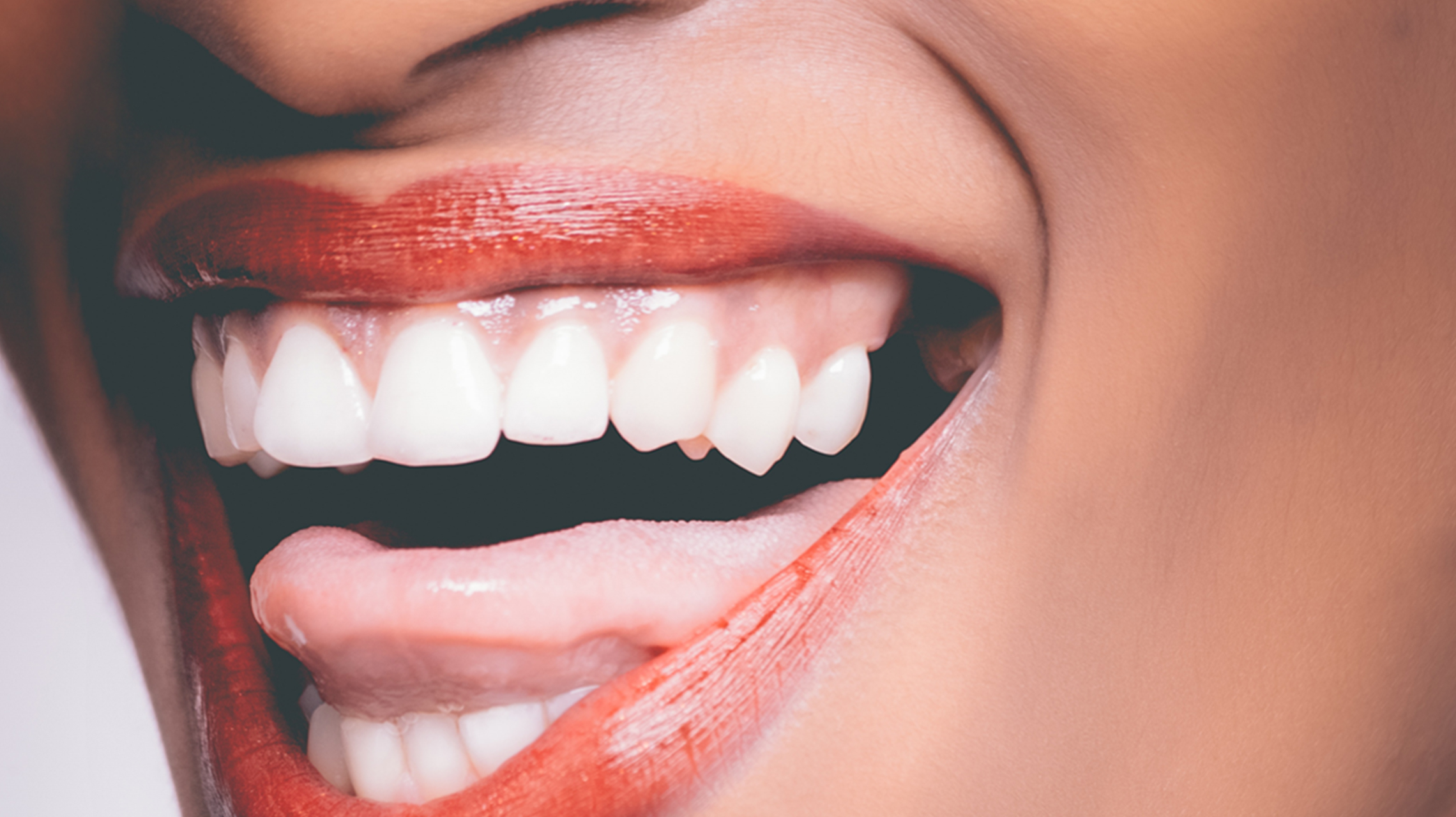
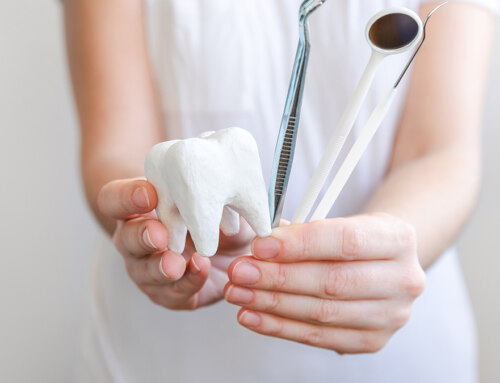
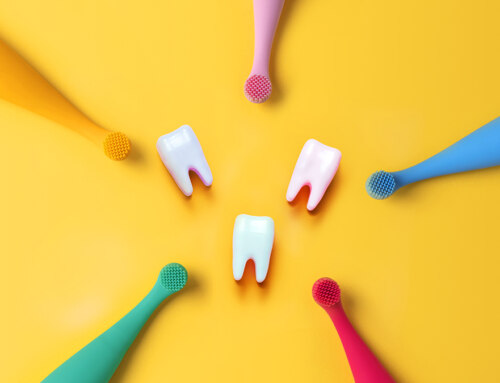
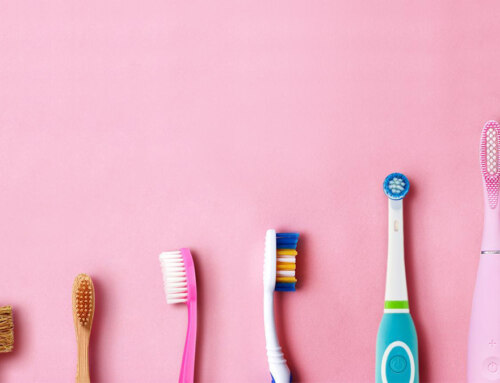
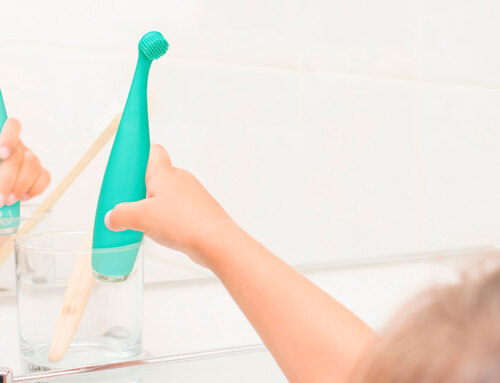
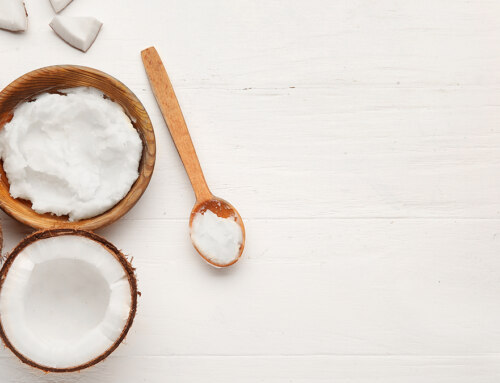
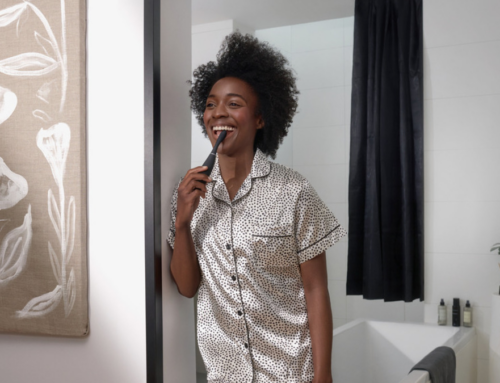





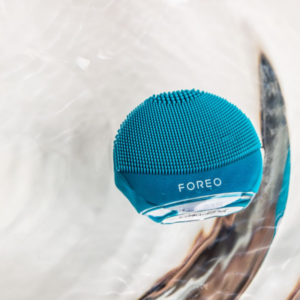

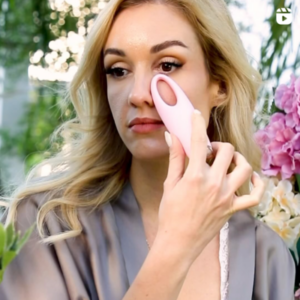
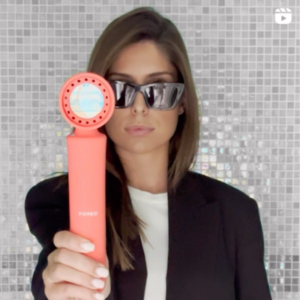
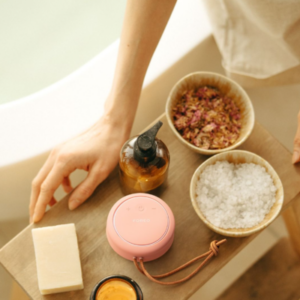

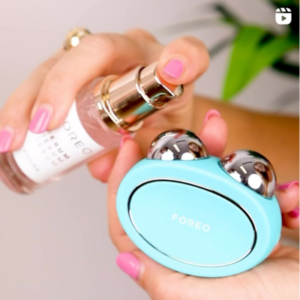
Leave A Comment